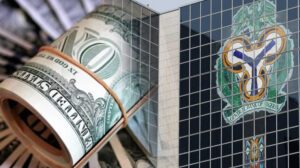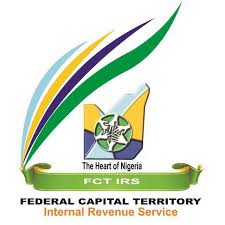W/Bank advocates policy action to curb COVID-19 effect on households
The World Bank says immediate policy action is needed to curb the long-term impacts of the COVID-19 crisis on the lives and livelihoods of Nigerian households.
The bank said this in a report it released on Wednesday, titled “COVID-19 in Nigeria: Frontline Data and Pathways for Policy.”
The report said that COVID-19 had hit countries with a health and economic shock whose effects will be felt far into the future.
According to it, in countries like Nigeria that already faces complex development challenges, the pandemic continues to affect health outcomes, human-capital accumulation, household poverty and coping strategies and labor-market dynamics.
The report which draws on innovative sources of high-frequency data, such as the Nigeria COVID-19 National Longitudinal Phone Survey (NLPS), to inform the choices that Nigeria’s leaders now face.
The NLPS represents a successful collaboration between the National Bureau of Statistics (NBS) and the Data Production and Methods team at the World Bank, it said.
Unveiled in April 2020, almost immediately after the COVID-19 crisis began, it has since regularly collected information on key social and economic outcomes, up to 12 times, from households across Nigeria.
“The report shows that the consequences of the COVID-19 crisis for human capital, livelihoods and welfare are proving to be severe.
“While many schools have reopened across Nigeria, learning that was lost during the COVID-19 crisis still needs to be recouped and some children have not returned to school.
“Even though many Nigerians have returned to work, the jobs to which they have shifted, mainly in small-scale non-farm enterprises, may not offer income security, making it difficult for households to escape poverty.”
It, however, said that with the COVID-19 crisis ushering in associated shock, especially to food prices and social protection remaining rare, households’ food security and their welfare at large was under serious threat.
The report’s findings therefore underscore the urgency of far-reaching reforms to strengthen Nigeria’s economy and development outcomes.
Mr. Shubham Chaudhuri, World Bank Country Director for Nigeria, said that the crisis had provided a wake-up call to address the long-standing structural challenges that could constrain the government’s ambition to lift 100 million Nigerians out of poverty.
“There is no time like the present for the country to prepare for future climate and conflict shocks and seize the promise of its young population to lay strong foundations for inclusive growth.”
Tara Vishwanath, World Bank Lead Economist in the Poverty and Equity Global Practice said that evidence from the NLPS and other sources already puts Nigeria’s policymakers in a position of strength.
“The country’s unique commitment to phone surveys throughout the COVID-19 crisis has set the standard for high-frequency welfare monitoring.
“Continued investment in producing and then using data, so that the voices of Nigeria’s people can be heard, will be crucial for designing the policies required to build back better.”
The report, however, suggests three immediate priorities that could provide the bedrock for recovery.
Firstly, rolling out vaccines quickly and equitably should reduce the direct health threat posed by the virus.
Secondly, it said that it would be essential to help children remediate the learning losses incurred during the pandemic by getting them back to school or by finding low-tech remote solutions that work for the poor where this was not possible.
Thirdly, it proposes expansion of social protection which could provide short-term relief for the welfare losses Nigerian households were currently facing.
The report also explains how the crisis has provided renewed impetus for the longer-term policies needed to provide sustainable pathways out of poverty.
This includes effecting the macroeconomic reforms that could energise job creation and supporting the farm and non-farm enterprises that would dominate employment in Nigeria for many years to come.
It also emphasises that it would be vital to keep generating fresh data that track Nigeria’s progress out of the COVID-19 crisis.
The bank said that by committing to generating and using data in this way, the results of Nigeria’s policy innovations could fully benefit the nation’s citizens and inspire other countries around the region and the globe.




